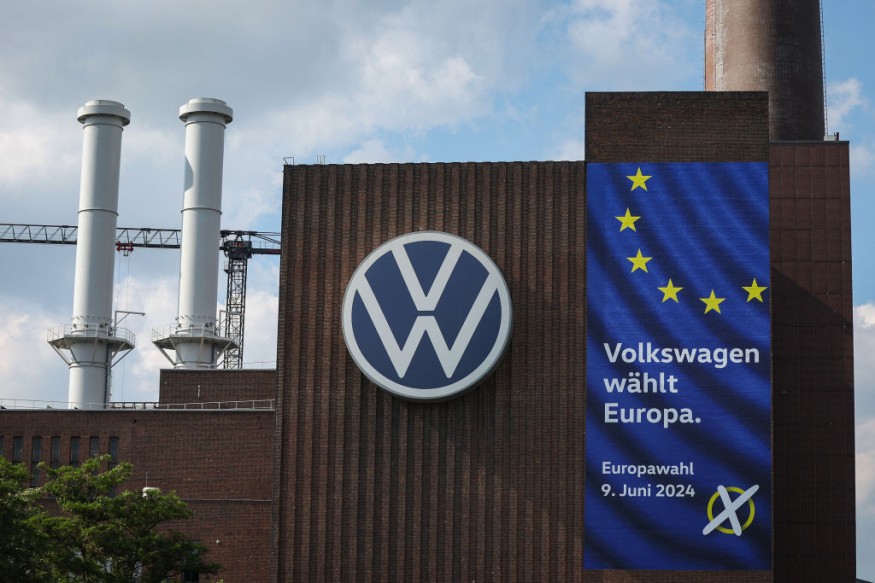
Volkswagen, the German automaker, has announced it may have to close plants in Germany and abandon its longstanding job protection pledge due to significant challenges in the auto industry. The company's commitment, in place since 1994, would have prevented layoffs until 2029, but is now under threat.
Volkswagen Considers Plant Closures
Oliver Blume, CEO of Volkswagen Group, stated that the European automotive industry is experiencing severe difficulties. He pointed to increased competition from new market entrants, Germany's declining status as a manufacturing hub, and the need for decisive action as reasons for the shift.
Thomas Schaefer, CEO of Volkswagen Passenger Cars, noted that while cost-reduction efforts have made progress, the challenges are intensifying. European carmakers are struggling with increased competition from affordable Chinese electric vehicles. Volkswagen's half-year results reveal that it will likely miss its target of saving 10 billion euros by 2026, according to AP News.
The potential plant closures would affect Volkswagen's core brand, which saw its operating earnings drop from 1.64 billion euros to 966 million euros over the past year. This downturn comes as the company faces heightened competition from rivals like Audi, Porsche, SEAT, and Skoda.
To manage costs, Volkswagen has offered early retirements and buyouts in an attempt to avoid layoffs, but these measures may not be enough. The company, which employs around 120,000 people in Germany, has yet to finalize plans for any closures.
Criticism Mounts Over Volkswagen's Plant Closure Plans
Union officials and worker representatives have criticized the company's approach. Thorsten Groeger from the IG Metall union described the potential closures as dangerous and shortsighted. Daniela Cavallo, another employee representative, expressed deep disappointment, emphasizing that there are currently no plans for plant closures.
Stephan Weil, the governor of Lower Saxony and a Volkswagen board member, acknowledged the necessity for the company to take action but urged it to seek alternatives to plant closures. He emphasized that the state government will closely monitor the situation.
In addition to internal challenges, Volkswagen faces external pressures. The European Union is considering provisional tariffs on Chinese electric vehicles if trade negotiations with Beijing do not succeed. Proposed tariffs could reach up to 37.6% for some Chinese brands. In the US, President Joe Biden has announced new tariffs on Chinese EVs, which could be as high as 100%, significantly increasing from the current 25% rate, according to CBS News.
Related Article : GM, Samsung SDI Finalize $3.5 Billion EV Battery Plant; Production Delayed to 2027















